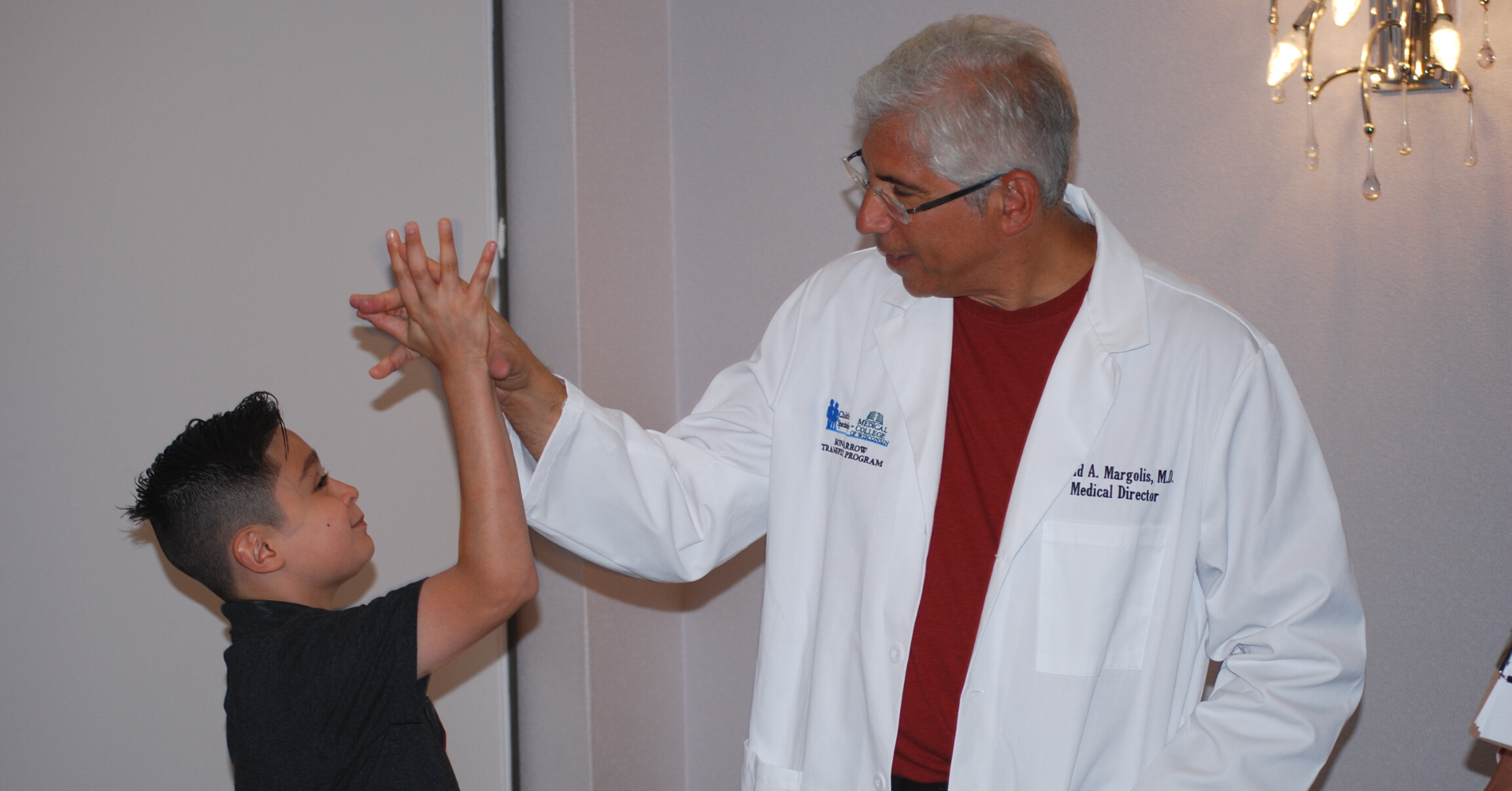Blood clots are very dangerous. If you have a blood clot, you need to get help right away. Patients with PNH are at an increased risk of getting serious blood clots. Here are some ways blood clots are treated.
Blood Thinners
Blood thinners are the most common way to treat blood clots. They decrease the ability of blood to clot. Blood thinners are also called anticoagulation drugs, or anticoagulants. Here are some that are commonly used:
- Enoxaparin (Lovenox®) is taken as a shot 1 or 2 times per day.
- Heparin (Calciparine® or Liquaemin®) is taken as a shot or by IV. Your doctor will keep an eye on the dose to prevent bleeding problems.
- Warfarin (Coumadin®) is swallowed. The foods you eat can affect the level of warfarin in your blood. Your doctor will keep an eye on the dose to prevent bleeding problems and to make sure the Coumadin in your blood is at a high enough level.
How well do they work?
Some doctors think certain PNH patients who are more at risk of blood clots should take blood thinners to prevent clots; others disagree. There is no clear agreement on how well they work to stop blood clots in PNH patients.
What are some common side effects?
Some common side effects include:
- Bleeding
- Nausea
- Loss of appetite
- Stomach pain
tPAs (Tissue Plasminogen Activators)
tPAs are drugs used to break up or dissolve an existing blood clot, especially if the clot is large. These drugs are given in the hospital after a clot is discovered and usually work only in the first 48 hours after a clot. They can cause bleeding.
SPECIAL NOTE: Some drugs, such as aspirin and ibuprofen, stop platelets from working well. This can help stop blood clots. But doctors don't know how well they prevent or treat clots in people with PNH. Take these drugs only if your doctor says you should.

